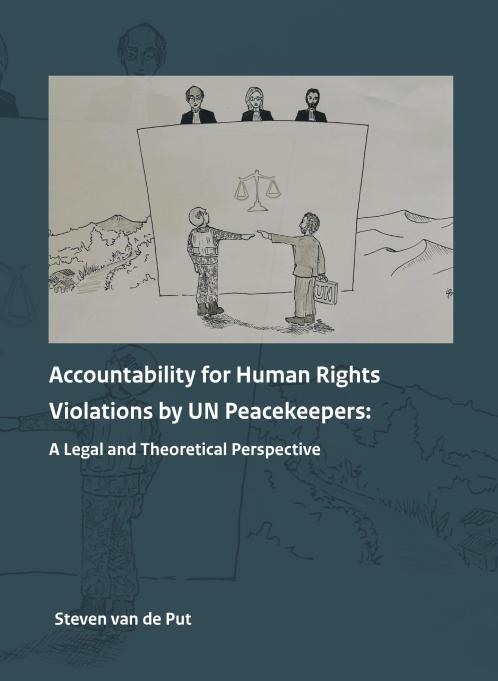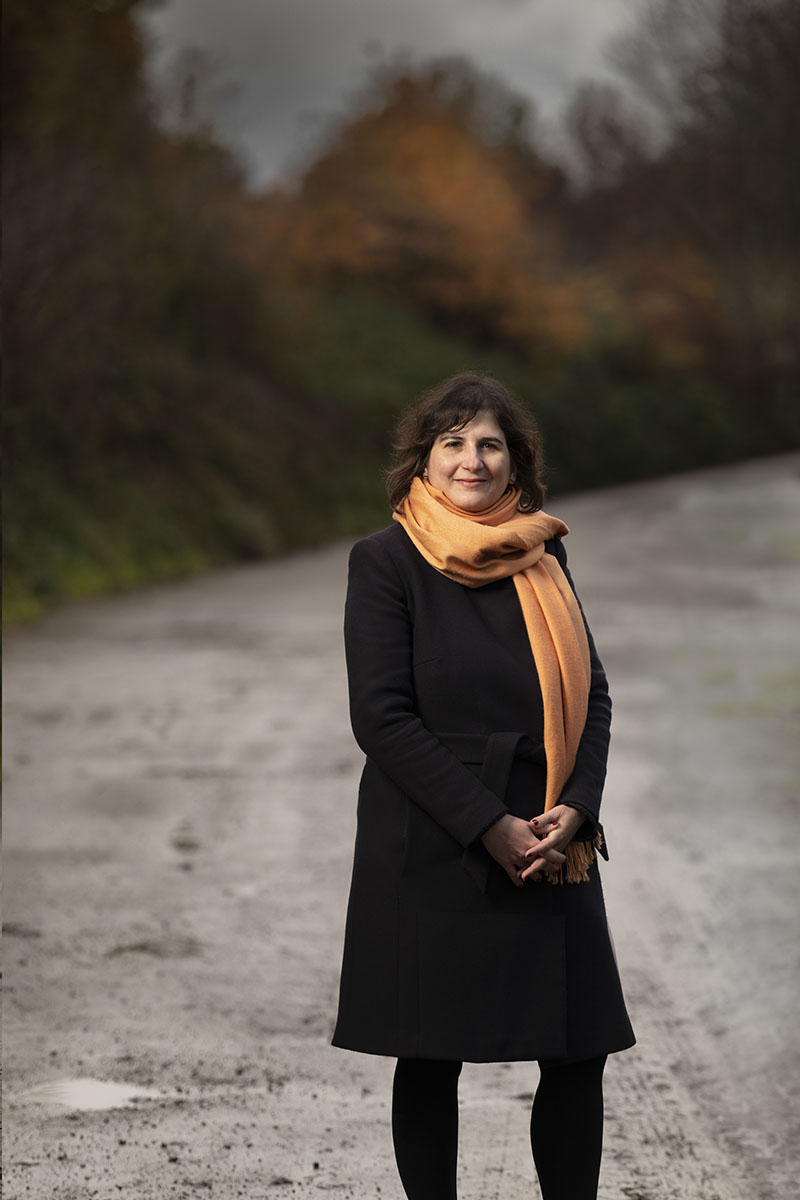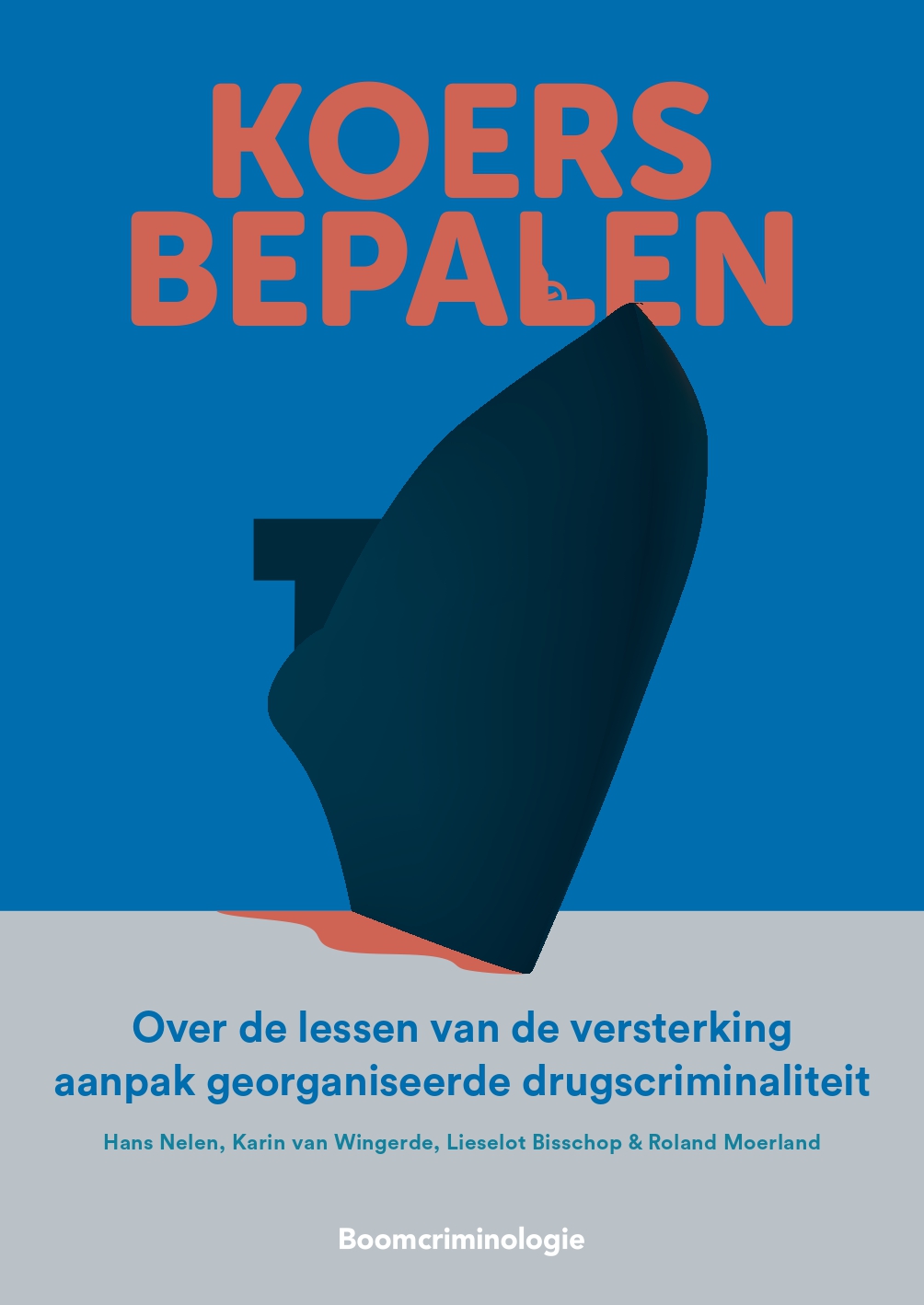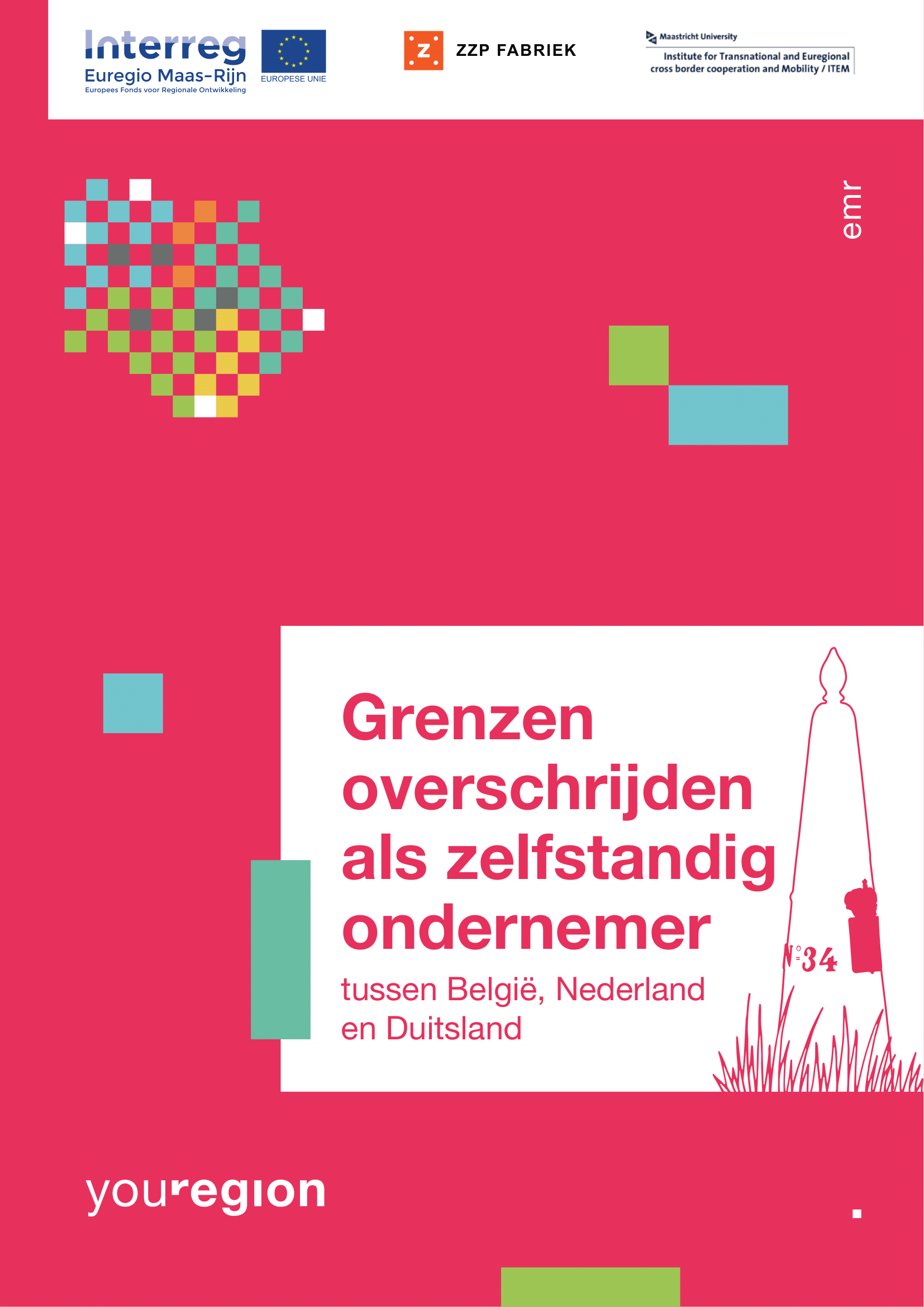News
-
“Wie als slachtoffer zijn recht zoekt, verdwaalt gemakkelijk in juristerij en een wereld waarin veel onbestraft blijft”, aldus Steven van de Put, promovendus aan de universiteit Maastricht. “Dit moet én kan anders. Het kan niet zo zijn dat individuen of groepen van individuen die iets ergs is...
-
The Netherlands Organisation for Scientific Research (NWO) has awarded a grant under the SGW open competition to a research proposal written by Prof Dr Math Noortmann (Institute for Transnational and Euregional cross border cooperation and Mobility / ITEM) and Prof Dr J.B.M. Koning (UM School of...
-
EU immigration and asylum law are plagued by disharmony and dysfunction. Lilian Tsourdi, assistant professor of International and European Law, is investigating how to improve the situation.
-
This conference aims to compare and critically assess the developments in European Criminal Law and International Criminal Law. The conference sets out to analyse differences and similarities with regard to a variety of different aspects of criminal justice in a globalized world.
-
The consultation round on the upcoming ITEM Cross-Border Impact Assessment 2023 has been launched! Grab the opportunity to share your experiences with ITEM! Dossier suggestions can be made up to and including 7 March 2023.
-
In recent years, with additional funding from the government, several local, regional and national projects have been launched to tackle and nip undermining crime in the bud. This has raised awareness in the Netherlands about the seriousness of that problem and the need to tackle it together. It is...
-
The ITEM Cross-Border Impact Assessment 2021 took a closer look at the tax and social security implications of homeworking by cross-border workers in the homeworking dossier. Together with the Secretariat-General of the Benelux Union, the ITEM Expertise Centre organised the Benelux - ITEM Conference...
-
How old is the Prinsjesdag suitcase?
-
A screaming labour shortage or not, a job is often not an option for highly qualified status holders. In 2020, for example, only 16 percent of the highly educated Syrian refugees had a job (compared to 81 percent of the highly educated Dutch).
-
Cross-border business in the Euregio Maas-Rhine (EMR), i.e. business in the border area between Belgium, the Netherlands and Germany, offers many opportunities. But what are the general requirements for starting up a business in the different countries? And what do I need to pay attention to as an...









